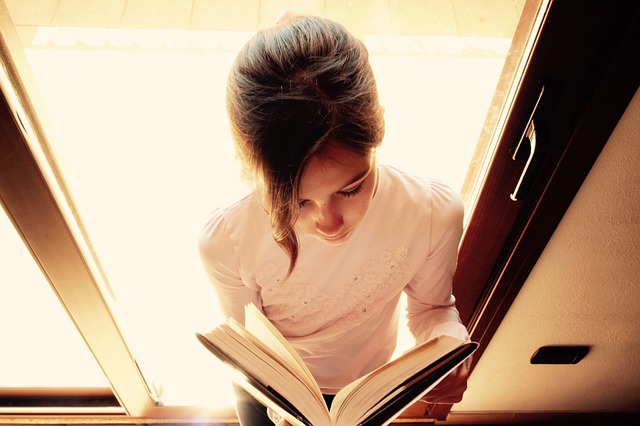“I have several personal books that are like family to me–the nearest and dearest which will never leave me. They are the truest companions in the whole world. Through the mere act of touching them, I can feel a new presence enter my aura and touch my inner being.” -Melanie Hope Gassaway
For as long as they’ve existed, books have functioned as portals of possibility allowing humankind to participate in its own evolution.
Books are like these wonderful little allies that we have all around us. They offer us the opportunity to parent ourselves anew and to glean wisdom from people of a different era who would probably never speak to us if we saw them walking down the street.
These allies helped people like Frederick Douglass escape slavery and they taught people like James Baldwin how to understand his pain. And yet, we manage to destroy people’s affinity for these very allies before they’ve hardly begun.
When people are young and very small, when their appetites are most ripe for learning, we tell them “now these are the important books that responsible people read.” Then we proceed to rob them of the most important components of reading: getting to be the one who chooses the book, getting to be the one who chooses when reading should be done, and getting to be the one who decides what parts of the book are worth remembering. We tell them “Here are your choices (and you must make one) and here are the things you need to pay attention to, and here’s your deadline. And then we teach them how to look smart and sound smart so as to not get in trouble with the big people who dole out the stickers and stars. In a short amount of time, they become masters of equating knowledge with the ability to tell an authority figure what he/she wants to hear.
Meanwhile, their curiosities are relegated to that esoteric realm known as “the extracurricular.” If there’s any time left over after we’ve busied them up with books that adults “love” (I put “love” in quotes because the adults don’t like the books either), we give them room for play. Non-compulsory reading is treated like the luxurious thing students get to do if they’re lucky enough to finish their “real” reading assignments on time. No wonder so many people grow up to find books boring. The books that powerful people force you to read are almost always boring.
Poor kids. So many of them have been taught how to read, but so few have been taught how to listen for the special kind of music that happens when a book sings your name.
What a tragedy.




